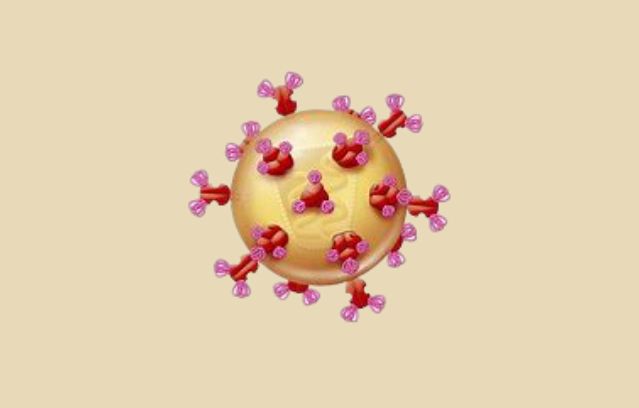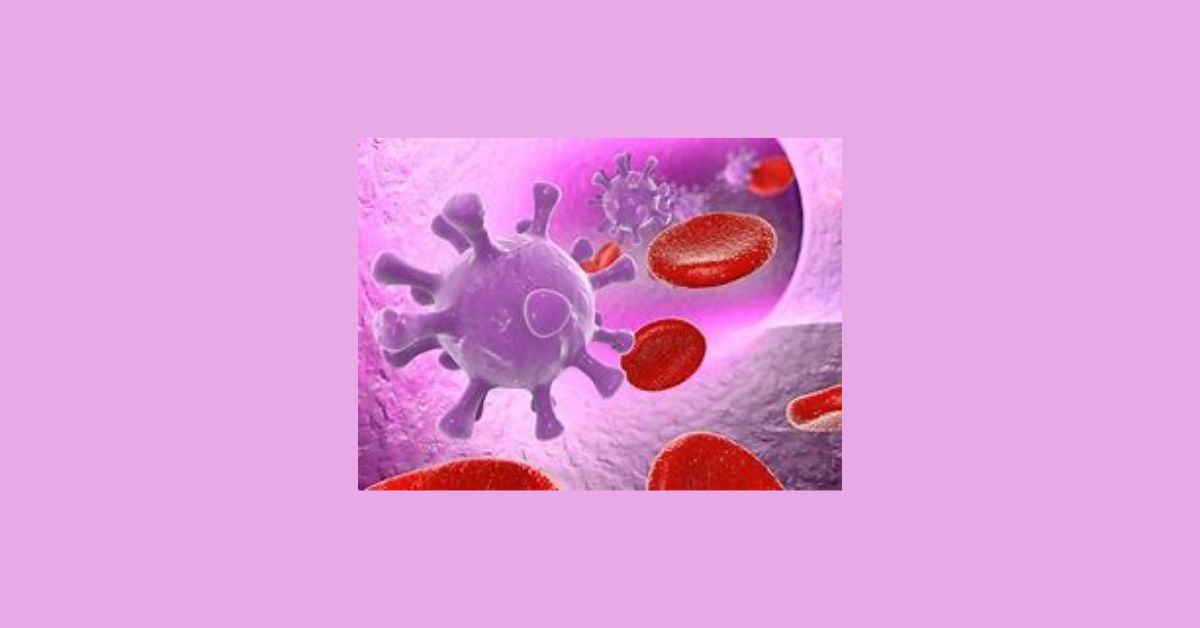
Acquired immunodeficiency syndrome (AIDS) is a fatal condition which is caused by Human immuno virus (HIV). Even though it is an infection that is transmitted sexually (STI), it can also spread by use of shared needles or injections or by infected blood. It can spread from pregnant mother to the fetus and also by breast feeding of infected mother. With proper medical care it is possible to manage with HIV. As of now there is no cure for HIV/AIDS. Once diagnosed with AIDS consult an infectious disease physician or a general physician.
Stages and symptoms of AIDS
It takes a few years from HIV infection to become AIDS. In this time period there are three main stages in which the infection develops. Once attacked, HIV slowly destroys the immune system and leads to AIDS. The three stages and symptoms during the period are as given.
- Acute HIV infection
This is the initial stage of infection and it develops in 2-3 weeks after the virus attacks. At this stage people experience flu symptoms like fever, cold, rashes and headache. Joint pains, weight loss, diarrhea and swollen lymph nodes are seen. In this stage HIV multiplies very fast and spreads entirely in the body. The immune system is destroyed. At this point the risk of transmission is very high. It is because HIV level in blood will be multiplying fast.
- Chronic HIV infection
This stage is also called clinical latency or asymptomatic HIV infection. Here the multiplication of HIV in the blood is low. For the chronic HIV infection to become AIDS it takes around 8-10 years. In some cases it can be a little early.
In this stage also it can be transmitted to others. In this condition the symptoms are less. If at all antiretroviral treatment is taken at this point then it can make patients sustain for many years.
- Symptomatic HIV
This is the most severe and last stage of infection. By this point the body will completely lose its strength to fight infection. It is because the immune system fails totally. Here pneumonia, fatigue and vulnerability to other infections is more. Oral yeast infection might also develop.
- AIDS progression
By the time AIDS progresses, the immune system will be totally damaged. Here the opportunistic infections attack easily.
Opportunistic infections are those which easily attack those with weaker immune systems than the strong ones. Night sweats and chills, unexplainable fatigue, skin rashes and bumps and recurring fever are the common symptoms seen.
If any of the above symptoms are observed please consult an infectious disease physician or a general physician. If not possible, take an online consultation.
Spread of AIDS and its risk factors
As said previously, HIV is a sexually transmitted infection.
- HIV can spread if vaginal or anal secretion enters into the body. If a normal person will have vaginal or analysing sexual interaction with an infected person then virus spreads.
- By the use of contaminated needles and syringes also virus spreads. If the same needle after using to an infected person is used to a healthy person then the virus enters.
- If a pregnant woman is tested positive with HIV, there is every possibility that the fetus too can get it. Even viruses can spread through breastfeeding. But fortunately there are treatments like ART to reduce the risk for babies.
- Also by blood transfusions virus can spread. It is mandatory to check the donated blood for some diseases. HIV is a must among them.
There are some risk factors associated with HIV/AIDS. They are as follows.
- Always have a safer sex. Before having sex have an open talk with your partner. Do not use or share sex toys.
- If at all any other sexually transmitted infection is present consult an infectious disease physician or general physician. Because sexually transmitted infections can cause genital sores. This can open ways for HIV to enter into the body.
- Always make sure that injections needles and syringes are new and sterile. Do not use those used for others even if they are healthy.
HIV does not spread through air or water. It does not spread by shaking hands or by talking with an infected person. Do not discriminate against the infected persons. If there are any doubts, talk to an infectious disease physician or general physician.
Complications of AIDS
AIDS is a condition where the immune system is completely destroyed. So there is every possibility of being vulnerable to many infections and other diseases. The common complications of AIDS are as given.
- Pneumocystis pneumonia (PCP)
People who are HIV positive can easily get pneumonia. The lungs get infected and will be filled with fluid. This can be life threatening.
- Tuberculosis
This is also an opportunistic infection. This too affects lungs and can spread through air. Severe cough and throat pain are mainly symptoms. This also can be fatal.
- Cryptococcal meningitis
The brain and spinal cord will be surrounded by fluid and membranes. Meningitis is another inflammation in these membranes and fluid. The nervous system gets affected in this condition. This is a fungal infection.
- Cytomegalovirus
This is a herpes virus. This can damage the digestive tract, eyes, lungs and other organs too. This can spread through body fluids like saliva, blood, semen and breast milk.
- Candidiasis (thrush)
This can cause a thick, white coating on the mouth, tongue and vagina. It is the most common HIV complication.
- HPV related cancers
Human Papillomavirus can cause some potential cancers which can cause high risk.
If suffering with any of the above conditions please consult an infectious disease physician or general physician.
Diagnosis and treatment of AIDS
The diagnosis tests for AIDS are mainly three. They are as given.
- Antigen antibody tests
Antigens will be present in viruses and the antibodies will develop in the body. Both can be easily detected in blood once infected. So blood from patients is taken and tested for antigens and antibodies.
- NAT test
This test is done to check the viral load in the blood. Nucleic acid tests can check the presence and the multiplication of HIV in the blood.
- Antibody tests
Here antibodies are checked either in blood or saliva. After one or two weeks of exposure to the virus this test is done.
If at all tested positive do not worry. Talk to an infectious disease physician or general physician. If not possible, get an online consultation.
Treatment
As stated previously, right now there is no cure for AIDS. But to prevent the complications and side effects that arise due to AIDS can be reduced. There is a treatment known as Anti Retroviral Therapy (ART). Irrespective of the stage of infection this treatment is to be given. Medicines will be prescribed by an infectious disease or general physician as per the stage and condition of the patient.
There are various types of drugs. Those which can inhibit the growth of virus and reduce the viral load. Reverse transcriptase inhibitors, protease inhibitors, integrase inhibitors and fusion inhibitors are some of the effective types widely used. Making the immune system strong is necessary. For this a balanced diet is needed. Take the help of a dietitian to choose good food. Do not get into physical contact with others if tested positive. Taking ART is really a tough thing. But there is evidence that by taking this treatment there is an increase in life span of HIV positive cases. Also the complications got reduced. So talk to an infectious disease physician or general physician to know about the complete process.
